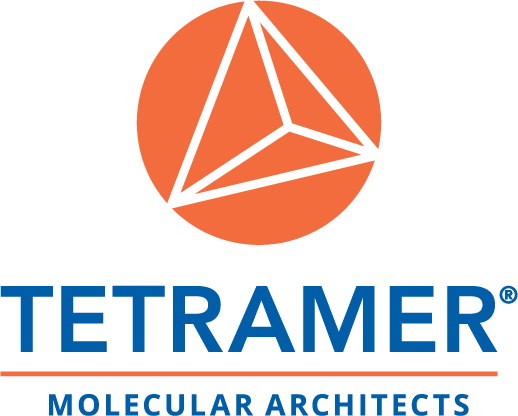Polymer Composites with Enhanced Thermal Conductivity
Tetramer is pleased to announce our latest project funded under a Department of Energy (DOE) Phase I award addressing a long-standing challenge in the world of polymers – plastics used in electronic devices hold in too much heat. Led by Principal Investigator Dr. Stephen D. Hudson, this project seeks to improve plastics used in industries where heat management is critical.
The Challenge: Bridging the Thermal Gap in Polymers
Polymers, commonly known as plastics, are favored for their affordability, lightness, processability, and electrical insulating properties. However, they have a big limitation – they also thermally insulate, holding excess heat in. This is a problem in devices where excess heat is produced by electronics because this extra heat limits the product’s overall performance.
"Many of the components in electronics, such as 5G telecom devices, are manufactured using polymers because of their electrical insulating properties. As an unfortunate result, the performance of most 5G systems is bottlenecked by heat management issues. Being able to replace current thermally insulating components in these systems with thermally conductive materials that remove this extra heat could dramatically improve the overall device performance.”
Principal Investigator, Dr. Stephen Hudson

Tetramer's Approach: Elevating Thermal Conductivity in Polymers
Under this SBIR (Small Business Innovation Research) program, Tetramer Technologies will develop advanced polymeric materials with thermal conductivity (ability to transfer heat) up 100 times that of standard plastics.
The work involves designing and synthesizing the molecular structure of materials to create polymers with high thermal conductivity. These new materials will form the basis for composites engineered to exhibit significantly improved thermal conductivity compared to the base materials alone. Tetramer will focus on designing molecules and fillers for these composites to further enhance heat transfer mechanisms within the materials. This approach relies on phonon heat transport principles to optimize thermal conductivity characteristics. The results of this work will inform predictive models, refining material formulations for enhanced performance.
Expected Impact
If successful, these advanced materials will find early adoption in electronics for the defense and energy industries. By using thermally conductive polymeric components in applications like computing systems and electronics, optics, and cooling systems (radiators), significant cost reductions, weight savings, and decreased maintenance requirements can be achieved compared to traditional solutions.
For more information about this program or others, contact us.


